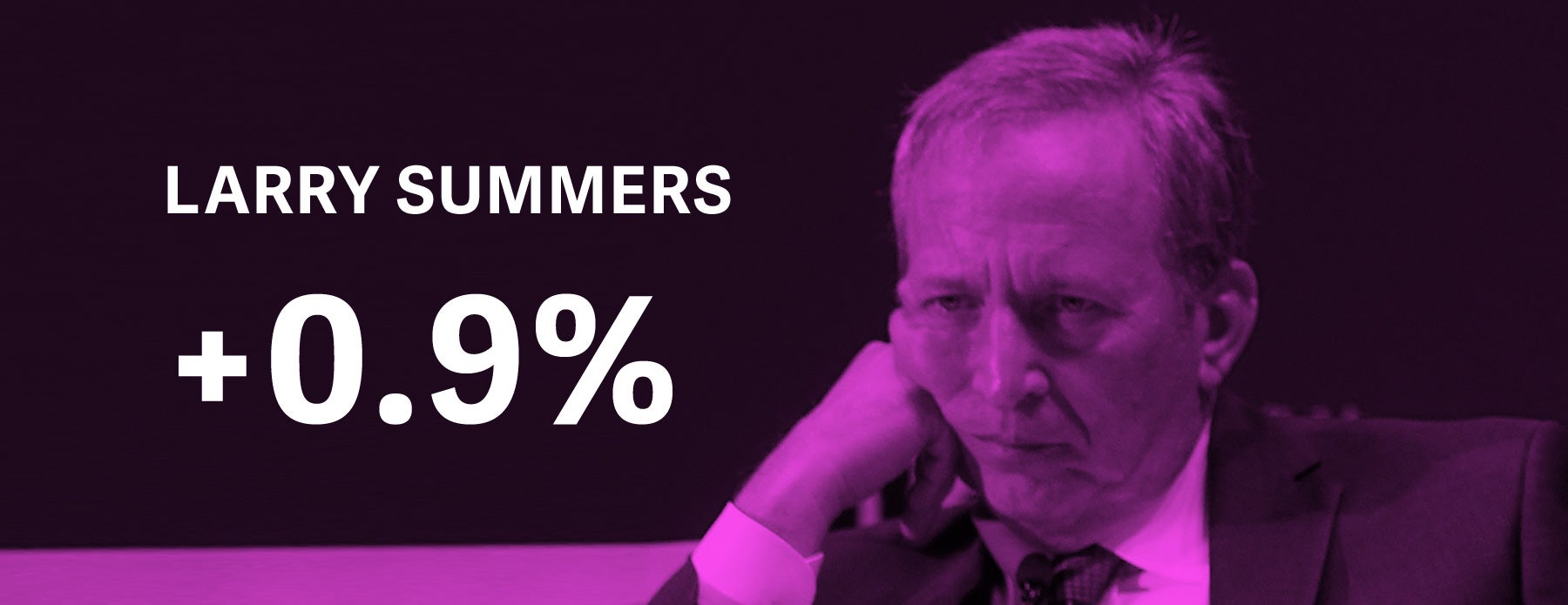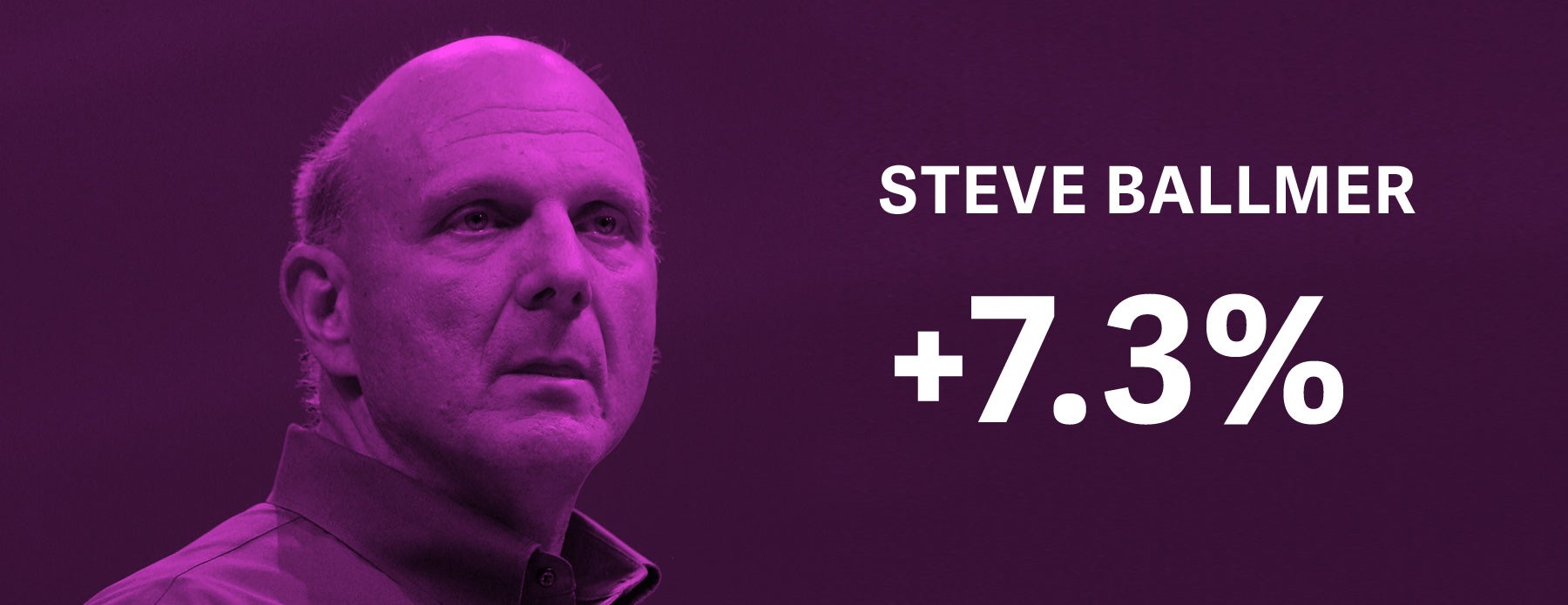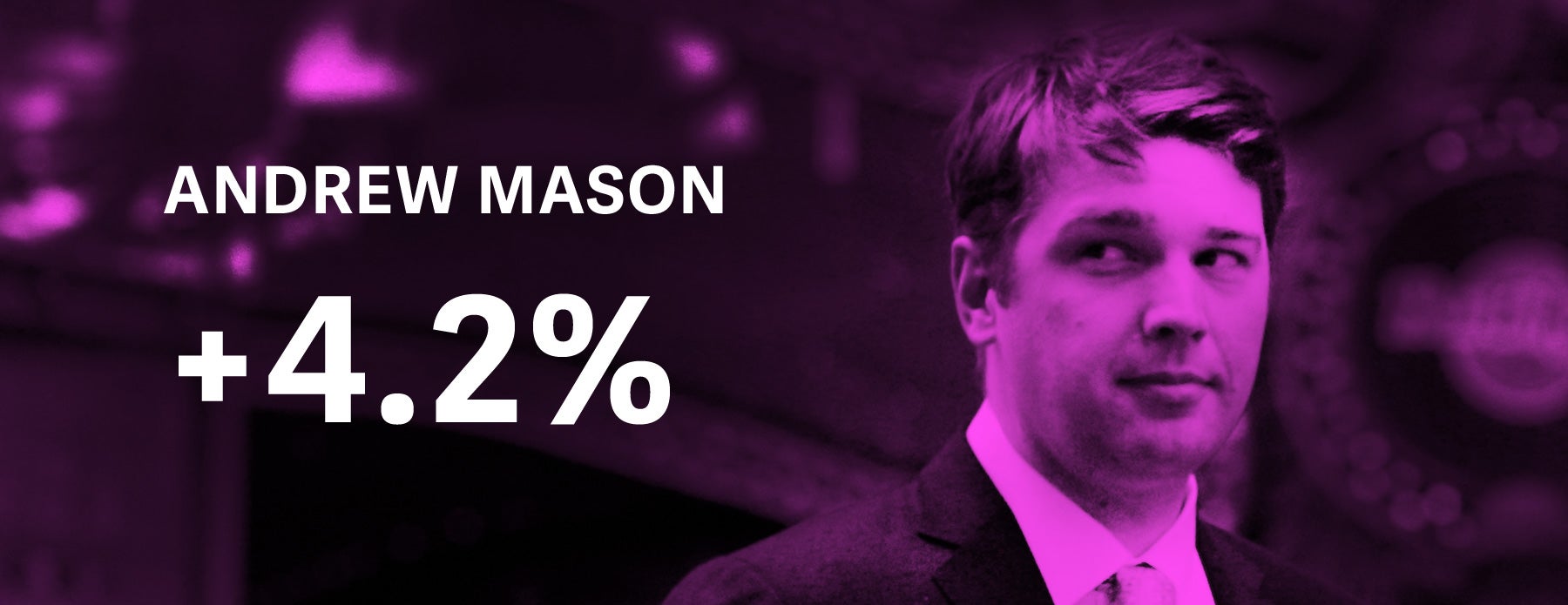Larry Summers isn’t alone. The markets just love to see some people go
Talk about adding insult to injury.

Talk about adding insult to injury.
Markets around the world got a lift from the news that former US Treasury secretary Larry Summers was withdrawing his name as a possible next head of the Federal Reserve.
As he contemplates a future in which he is not running the world’s most powerful central bank, perhaps Summers can take solace in the fact that he’s not the only one investors are happy to see disappear from the economic scene. Here are a few recent instances when the departure of important executives—and in one case an entire cabinet—sent key markets higher.
- The benchmark US S&P 500 index rose roughly 1% in early trading after Summer’s withdrawal from the Fed race on Sunday. (Though some of those gains soon ebbed.) US government bonds also posted gains.

- The August announcement that Microsoft’s Steve Ballmer would step down sent the companies shares up more than 7%, the company’s biggest gain in four years.

- The benchmark Nikkei jumped 1.5% after the resignation of Prime Minister Yoshihiko Noda’s government in December 2012.

- Groupon shares rose 4% on the news that Andrew Mason had been ousted. The stock has doubled since then.

Of course the list could go on. Ron Johnson’s departure from JC Penney pushed the stock higher, as did the end of Bob Diamond’s tenure at Barclays and Siemens’ Peter Loescher. But if there’s an upside for Summers in all of this, it’s that at least he can easily get a cushy, lucrative job somewhere in the private sector now. For CEOs that got the boot, it might not be that simple.